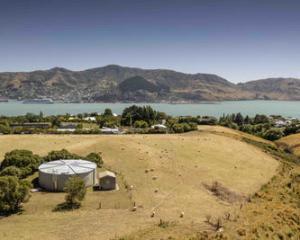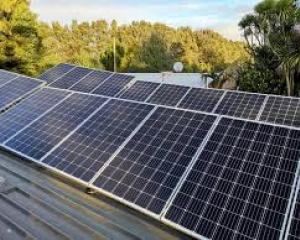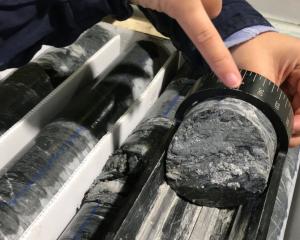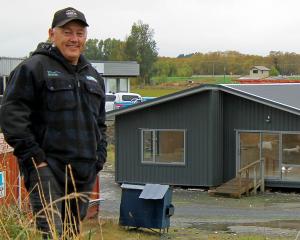The Government says it will support the Southland economy following today's news that Rio Tinto plans to close the Tiwai Point aluminium smelter next year.
More than 1000 jobs appear set to go in the region following this morning's announcement by the mining giant.
Finance Minister Grant Robertson said the Government would step in to help offset the predicted loss.
“The smelter supports hundreds of jobs in Southland and the Government will work with the local community to support economic development in the region to help offset this loss.’’
The closure of the smelter had been long-predicted but that did not make the news any easier to take, Mr Robertson said.

‘‘We know the strengths of Southland and we want to build on them in areas such as agriculture, aquaculture and manufacturing,’’ Mr Robertson said.
‘‘There is also an opportunity to support other energy intensive projects like green hydrogen and data centres.’’
Energy Minister Megan Woods said closure of the plan would eventually free up around 13% of total power generated in New Zealand, which would have a positive impact on prices.
“I also want to make clear that the Government expects Rio Tinto to will meet their obligations for clean-up of the site (an estimated $256 million) and do the right thing on the dross,” Dr Woods said.
Rio Tinto said the wind-down plans come after its own strategic review concluded that the business is no longer viable given high energy costs and a challenging outlook for the aluminium industry.
The company has given notice that it was terminating its electricity contract with Meridian Energy in August 2021 "when the wind-down of operations is expected to complete".
Meanwhile, today’s announcement will result in cheaper electricity for New Zealand households and the chance to swiftly decarbonise transport and industry, Greenpeace says.
Greenpeace Executive Director, Dr Russel Norman, said the closure would release "a huge amount of low-carbon and affordable power back onto the grid".
"The Tiwai closure will mean cheaper power for New Zealand households. It also means there is more clean, renewable energy that can be used to power our cars and industries as we move to a zero carbon economy.
"This will cut climate emissions out of the transport and industrial sectors, while simultaneously helping to reduce New Zealand’s current account deficit by cutting the billions of dollars we spend on importing oil for the transport sector.
"Transpower is already developing the transmission capacity to bring the surplus power north via the Clutha Upper Waitaki Lines project which already has approval.
"With a ready supply of clean and affordable hydropower now being made available, the Government should create the conditions needed to increase the number of electric cars, buses and trains."
Norman also says Rio Tinto’s departure blows any case for new coal, gas or oil development completely out of the water.
"The argument for more fossil fuel exploration, extraction and generation is over."
Norman says the Government needs to move quickly to develop a plan to deal with the Tiwai closure. This includes ensuring a just transition for workers in the region.
- additional reporting NZ Herald












